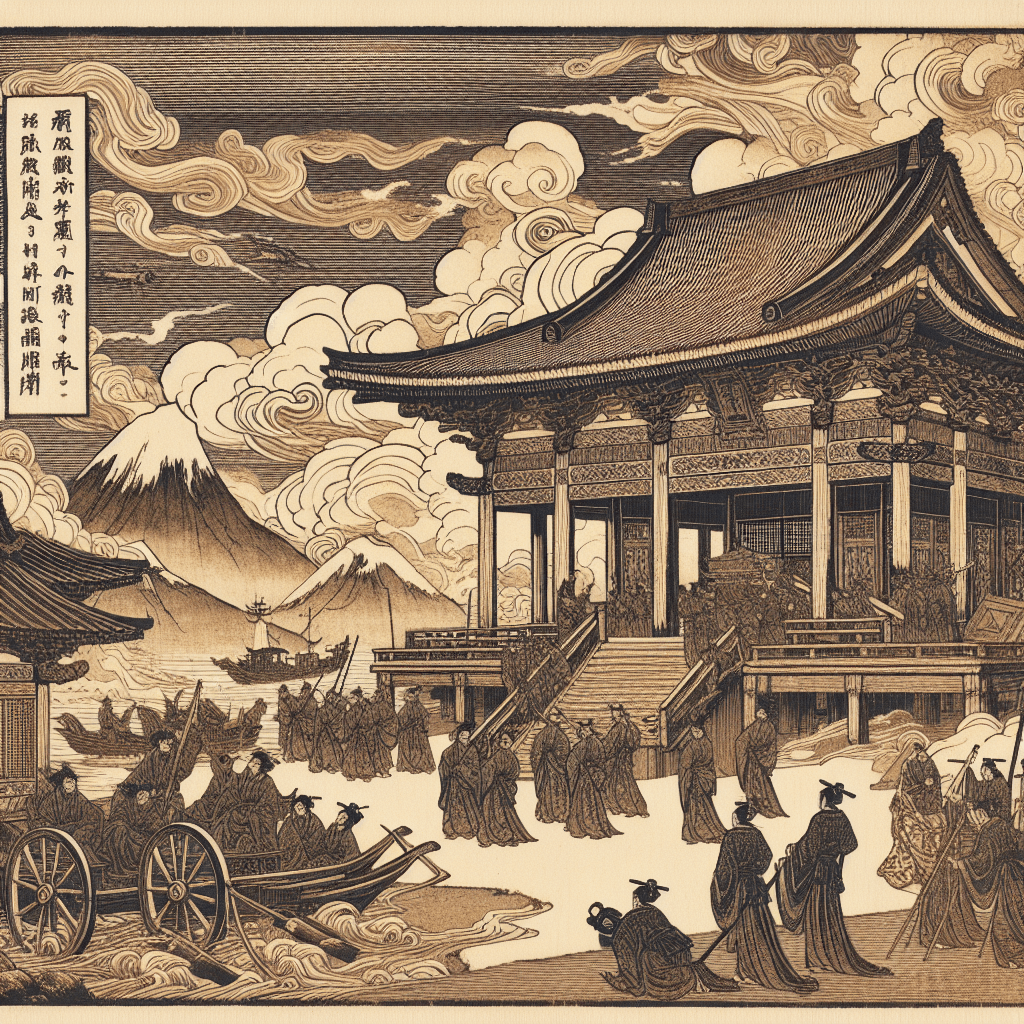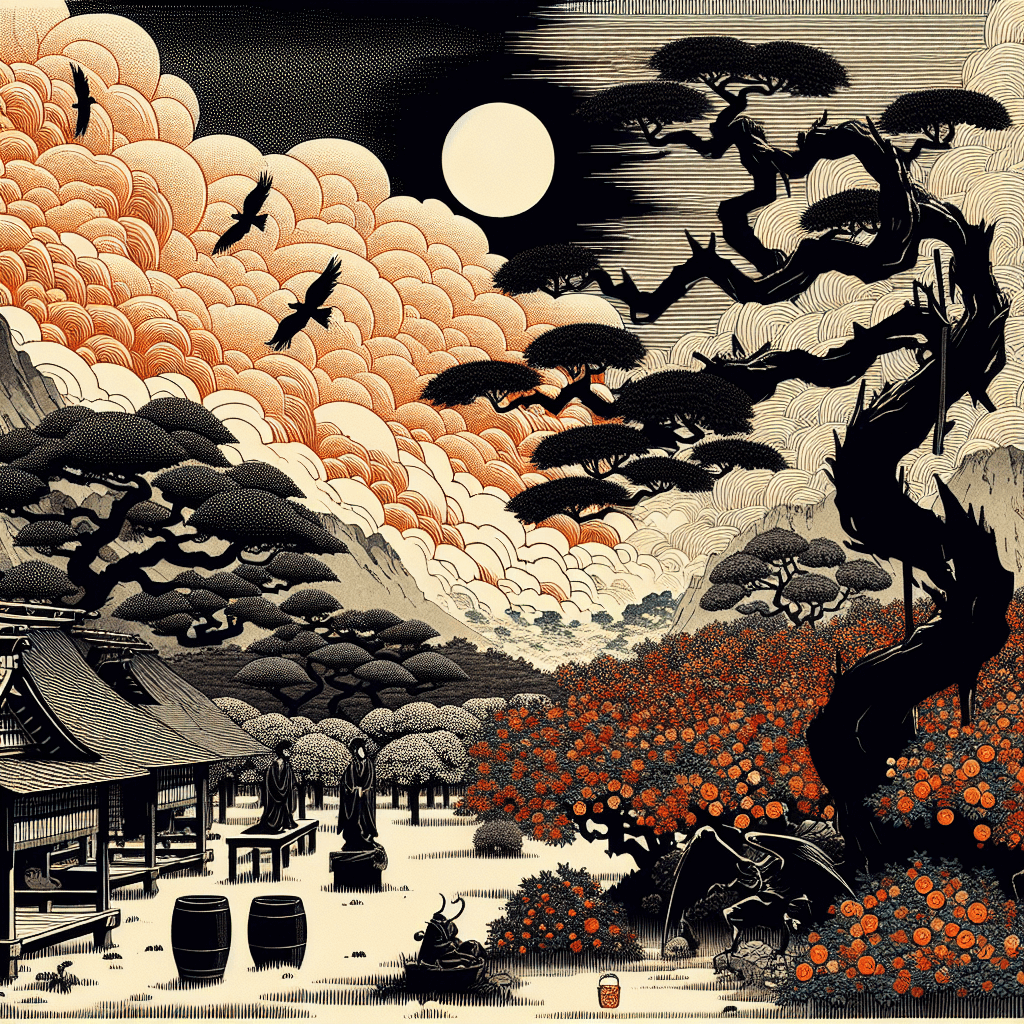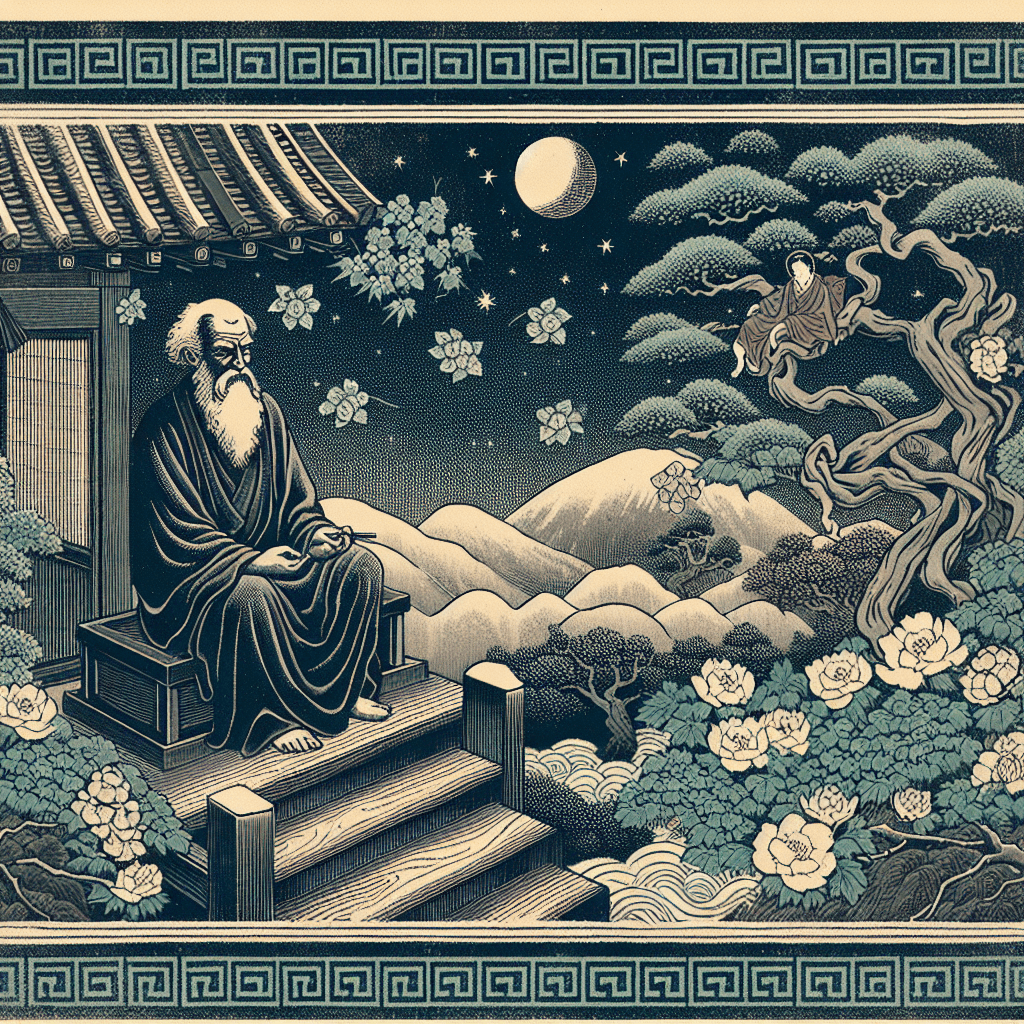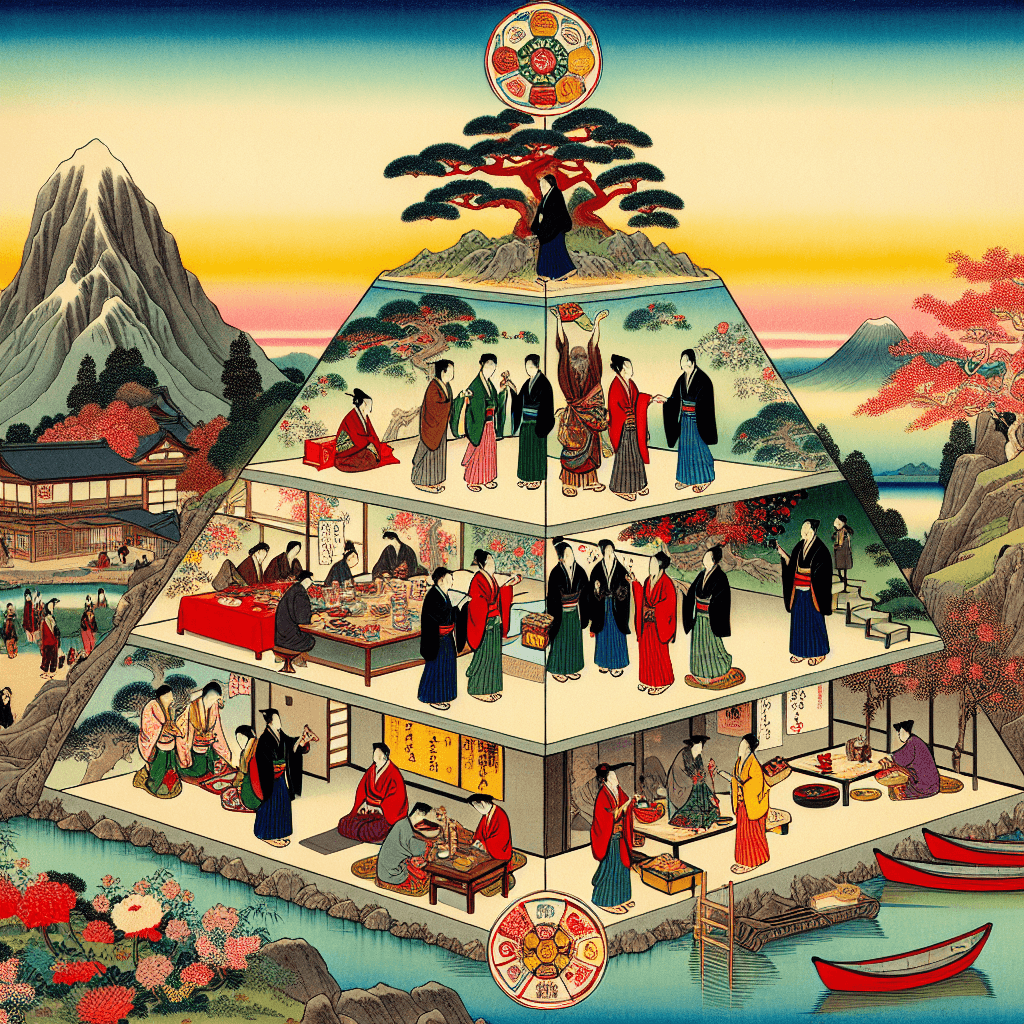The Qing Dynasty and the Mandate's Challenges
syndu | Nov. 27, 2024, 11:01 a.m.

The Qing Dynasty and the Mandate's Challenges
Introduction
The Qing Dynasty, which ruled China from 1644 to 1912, was the last imperial dynasty of China. It was established by the Manchus, a non-Han ethnic group from the northeast. The dynasty faced numerous challenges in maintaining the Mandate of Heaven—a traditional Chinese philosophical concept that justified the rule of the emperor as divinely ordained. This blog post explores the various challenges the Qing Dynasty encountered in upholding the Mandate of Heaven and how these challenges ultimately contributed to its decline.
The Mandate of Heaven: A Brief Overview
The Mandate of Heaven is a key element in Chinese political philosophy, originating during the Zhou Dynasty. It posits that heaven grants the emperor the right to rule based on their ability to govern well and fairly. If a ruler becomes despotic or fails to fulfill their duties, they risk losing the Mandate, leading to their overthrow and replacement by a more virtuous leader.
The Qing Dynasty faced numerous challenges in maintaining the Mandate of Heaven...
Challenges to the Mandate During the Qing Dynasty
- Ethnic Tensions and Legitimacy Issues
The Qing Dynasty was founded by the Manchus, who were considered outsiders by the Han Chinese majority. This ethnic divide created persistent legitimacy issues, as many Han Chinese viewed the Qing rulers as foreign usurpers. The Qing emperors had to work hard to integrate Han culture and Confucian ideals into their governance to legitimize their rule and maintain the Mandate of Heaven.
- Internal Rebellions
Throughout its reign, the Qing Dynasty faced numerous internal rebellions that challenged its authority and the perception of its divine mandate. Notable uprisings included the White Lotus Rebellion (1796–1804), the Taiping Rebellion (1850–1864), and the Boxer Rebellion (1899–1901). These rebellions were often fueled by dissatisfaction with Qing rule, economic hardship, and social unrest, highlighting the dynasty's struggles to maintain stability and fulfill its heavenly mandate.
- Economic Strain and Corruption
The Qing Dynasty's later years were marked by economic difficulties, exacerbated by corruption within the government. The inability to effectively manage resources and address the needs of the population led to widespread poverty and discontent. This economic strain weakened the Qing's claim to the Mandate of Heaven, as they failed to provide prosperity and stability for their subjects.
- Foreign Encroachments and Unequal Treaties
The Qing Dynasty faced significant challenges from foreign powers, particularly during the 19th century. The Opium Wars with Britain resulted in humiliating defeats and the imposition of unequal treaties that ceded territory and economic control to Western powers. These losses undermined the Qing's authority and exposed their inability to protect China from external threats, further eroding their claim to the Mandate of Heaven.
- Modernization and Reform Attempts
In response to internal and external pressures, the Qing Dynasty attempted various modernization and reform efforts, such as the Self-Strengthening Movement and the Hundred Days' Reform. However, these efforts were often met with resistance from conservative factions within the government, leading to limited success. The inability to effectively modernize and adapt to changing times contributed to the perception that the Qing had lost the Mandate of Heaven.
Conclusion
The Qing Dynasty's challenges in maintaining the Mandate of Heaven were multifaceted, involving ethnic tensions, internal rebellions, economic difficulties, foreign encroachments, and failed reform efforts. These challenges ultimately weakened the dynasty's legitimacy and contributed to its downfall in 1912, when the last emperor, Puyi, abdicated, marking the end of over two millennia of imperial rule in China. The Qing Dynasty's struggles serve as a poignant reminder of the complexities involved in maintaining the Mandate of Heaven and the ever-changing dynamics of political power.





